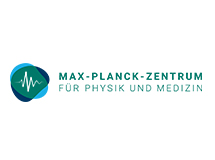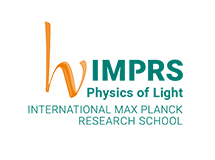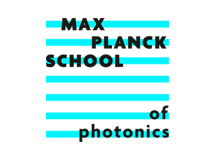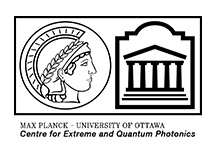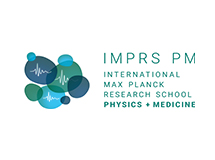TDSU Lab-on-a-chip Systems
The Lab-on-a-Chip Systems Technology Development and Service Unit at MPL focuses on the design, development, production and analysis of microfluidic chips for biophysical and biological applications. By using our expertise in material science, microfabrication technologies and microfluidics we provide solutions for chip manufacturing and their electric, optical and fluidic interface, helping in identifying the best approach to moving an idea to a ready-to-test prototype. Optimized and quality-checked chips are available off-the-shelf and used daily with microfluidic technologies developed and available at MPL. We can produce hybrid chips made of polydimethylsiloxane (PDMS) textured element bonded on glass or monolithic chips made of fluoroplastic. We are working to optimize microfabrication processes to produce monolithic glass chips. A fast-microfluidic platform (microfluidic pressure controller, flow sensors and an inverted microscope equipped with stroboscopic light and a fast camera) is available to test and optimize the operational chip parameters. We established a lab fully equipped for chip manufacturing with a yield up to 350 PDMS-chips/week and a microfluidic platform for the production and characterization of standardized cell-mimicking microgel beads used as mechanical standard, cell-scale passive stress sensors and building blocks of biological tissue-mimicking 3D scaffold. We continually work to enlarge the portfolio of available materials and optimized processes to manufacture chips and beads apt to fulfil different requirements.
Service List
- RT-DC (real-time deformability cytometry) and soRT-DC (sorting RT-DC) chips for the analysis and sorting of cells based on their physical properties
- Mechanoporation chips for the high-throughput delivery of cargos into the cell cytosol
- Droplet microfluidic chips for the production of monodisperse water in oil microemulsion
- Tailored standardized microgel beads mimicking the size and elasticity of cells
- Tailored standardized microgel beads functionalized with fluorophores and/or proteins
- Photolithography processes for the fabrication of master templates with typical features size in the range of 5 – 50 µm
- Photolithography and physical vapour deposition processes for the fabrication of Cr/Au microelectrodes
- Softlithography processes on PDMS and fluoroplastic
- Plasma activated bonding processes to bond PDMS on glass and LiNbO3
- Thermal bonding of fluoroplastics elements

